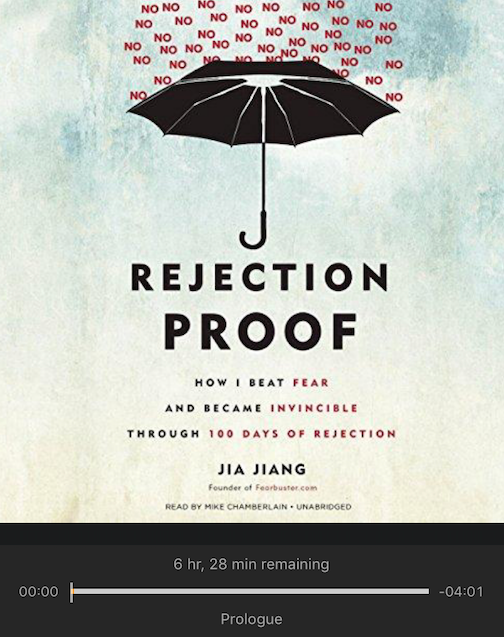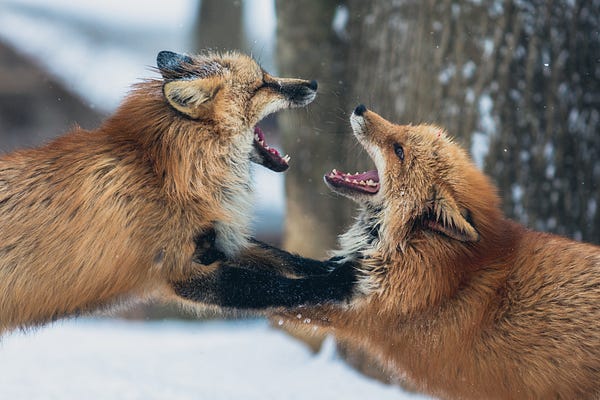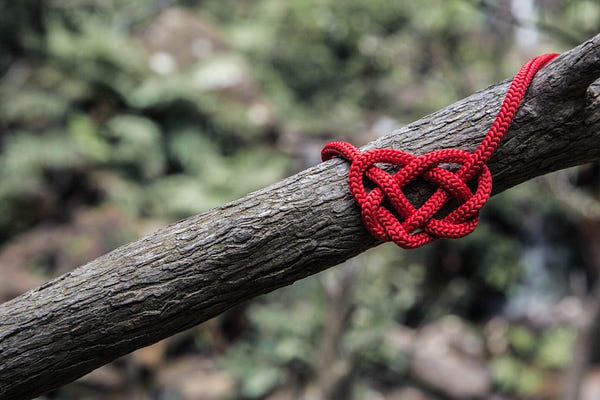Rejection Proof by Jia Jiang

Rejection is something I believe we all experience, even if some do more than others. Some people take greater risks than others and some people experience greater success than others — it was my intuitive belief that rejection has an impact on that. Has rejection held you back? Studies have shown that as a child you hear, “no” almost 10x more than you hear, “yes.” Almost all limiting beliefs about self, others or what is possible in life and business are formed during childhood whilst the brain is rapidly growing and developing (Thinkercafe). With that in mind, we need to be aware of what we are doing and what we have been doing, as well as how that affects us as a person. We do not want to be in a position where we are rejecting ourselves — which is what often happens.
Do you know this? Do you act on it? I’m sure if someone interviewed you, asked what you thought, and after expressing your disinterest in the role turned rude then you would feel totally different than you would have had they continued to be polite and respectful.
The way you ask a question and how you follow through in conversation has a big impact on the result.
As the author shares, it’s not about just “pushing through it” that doesn’t work for everyone. There is a biological basis for rejection and the fear associated with it.
Rejection and the fear of it is not just psychological but biological.
Have you noticed that people laugh when they are uncomfortable? People aim to “lighten the mood” by creating laughter or smiles. If you say something or ask something about someone’s emotions and they laugh, chances are they are uncomfortable or hurting.
Laughter is shown to have a link to killing pain.
The author spent a lot of time sharing his own experiences with rejection. There are many things that we can learn but the thing that struck me the most was that it’s a human reaction. A rejection is not always based on the person and can simply be because of a historical context, cultural differences, and psychological factors. While I have thought about various parts of rejection in the past, there are different reasons for each rejection which I have not always thought in-depth about.
Lessons on rejection:
1. Rejection is human, a human interaction with two sides that often says more about the rejector than rejectee. Rejection should never be viewed as universal truth or used as the sole judgement of merit.
2. Rejection is an opinion, an opinion of the rejector and is heavily influenced by historical context, cultural differences, and psychological factors.
3. Rejection has a number, if rejectee goes through enough rejections, a no could turn into a yes.
I agree. Arguing is never the best approach or one that we should take. When people do not agree with us, it is important to show that even if that is not what we desire, they still have the freedom to make their own decisions.

Arguing always turns potential collaborators into enemies. Approach people as collaborators and make sure the individual knows they have the freedom to say no.
Every interaction matters, I like to remind myself and others of that. No matter what people say the first or second or third time that we request something of them, we should never undervalue the relationship. It is important that we always see every interaction through to the end.
When you receive a no:
1. Ask why
2. Retreat don’t run, asking a lesser request will make it more likely for you to receive a yes.
3. Collaborate don’t contend.
4. Switch up, don’t give up. Before deciding whether to quit or not to quit, step back and make the request to a different person in a different environment or circumstance.
There were 3 things that the author shared in the closing of this book. Empathy, values, and mission. I believe they all go together and are all essential within relationships and life in general. First, empathy must come — without empathy, I don’t think we can have full value or mission. We need to be reminded that we are not alone and that we were not created to be alone.
Find empathy, all rejections are shared by many in the world, rejection can be a way to receive understanding of other people.
Find value, rejections can serve as a measuring stick for one’s resolve or belief.
Find mission, sometimes the most brutal rejections signal a new beginning.
People really are scared of rejection, or at least uncomfortable with it, I’m not surprised by either of these figures.
A 2011 study by Accenture showed less than half of working Americans have ever asked for a raise, yet statistically, 85% get something.

This was a book that had me interested right away. I know that we will all experience rejection in some form and I want to learn as much as I can about the experiences of others in the hopes that my rejections will be more bearable. The biggest thing for me to remember is that being rejected does not mean that I am rejected but simply that the thing I asked for was rejected. Rejection does not decrease our value as people and sometimes I forget that. It is my hope that the book and the key takeaways I had will do more in the future to help me remember my value and take rejection in stride.
I gave this book a 4/5